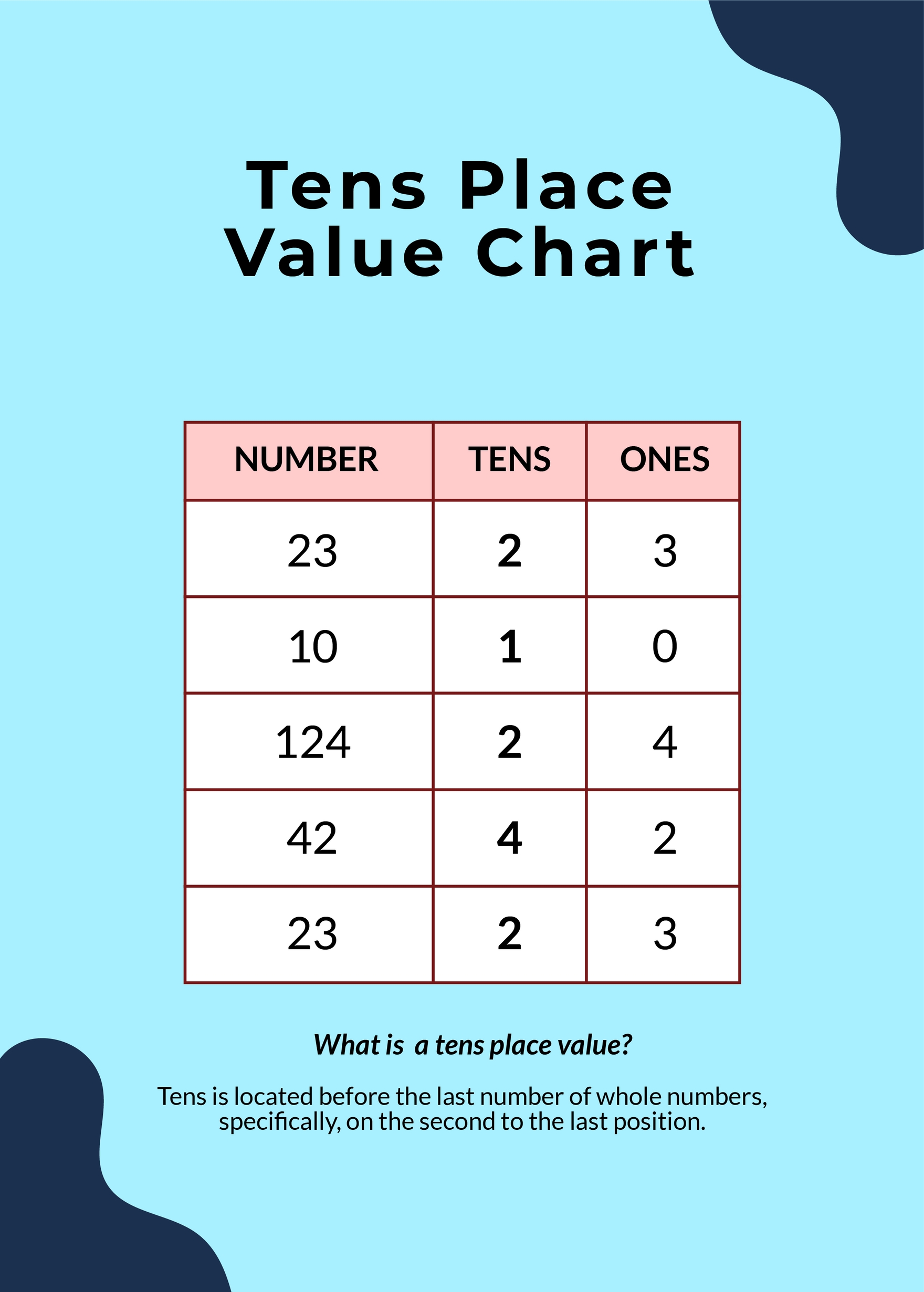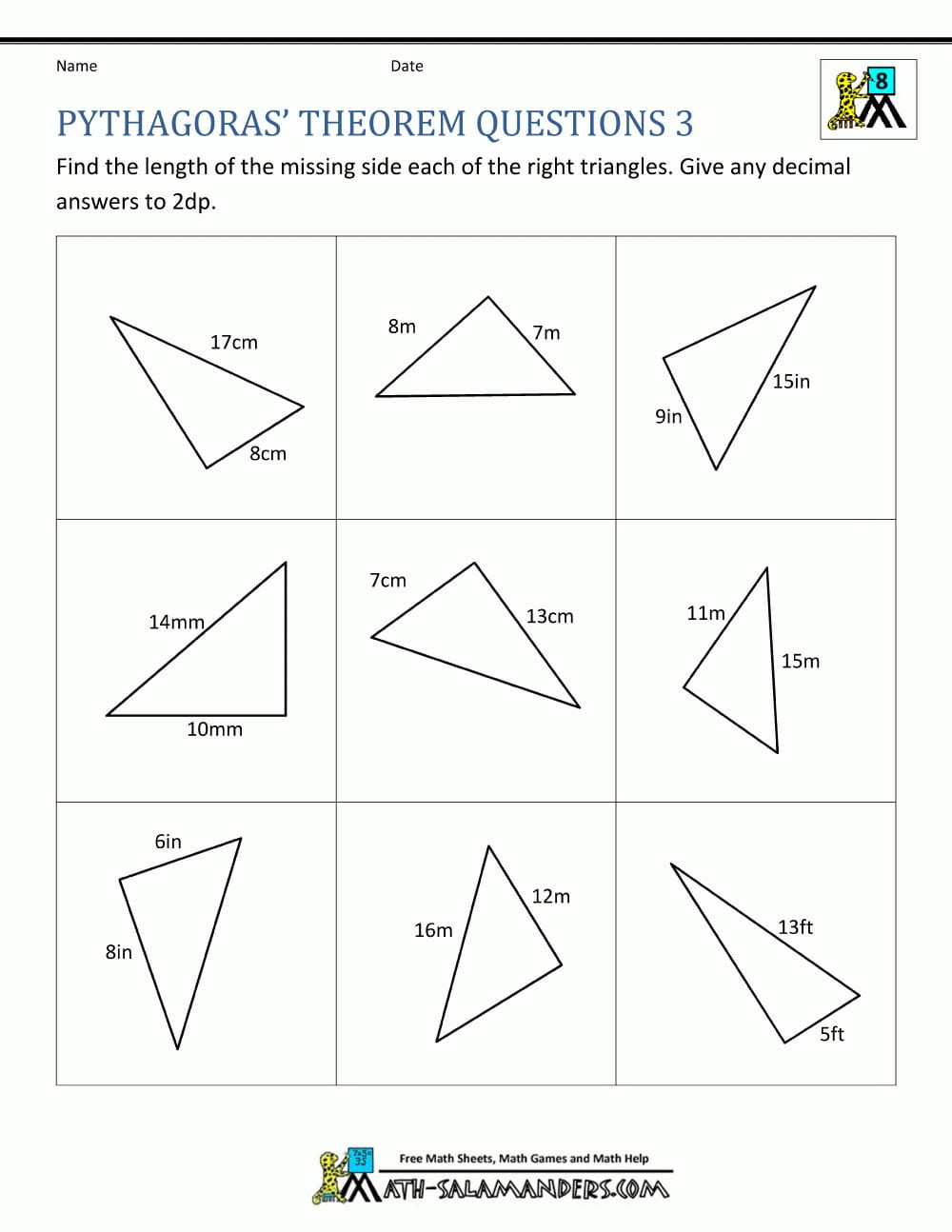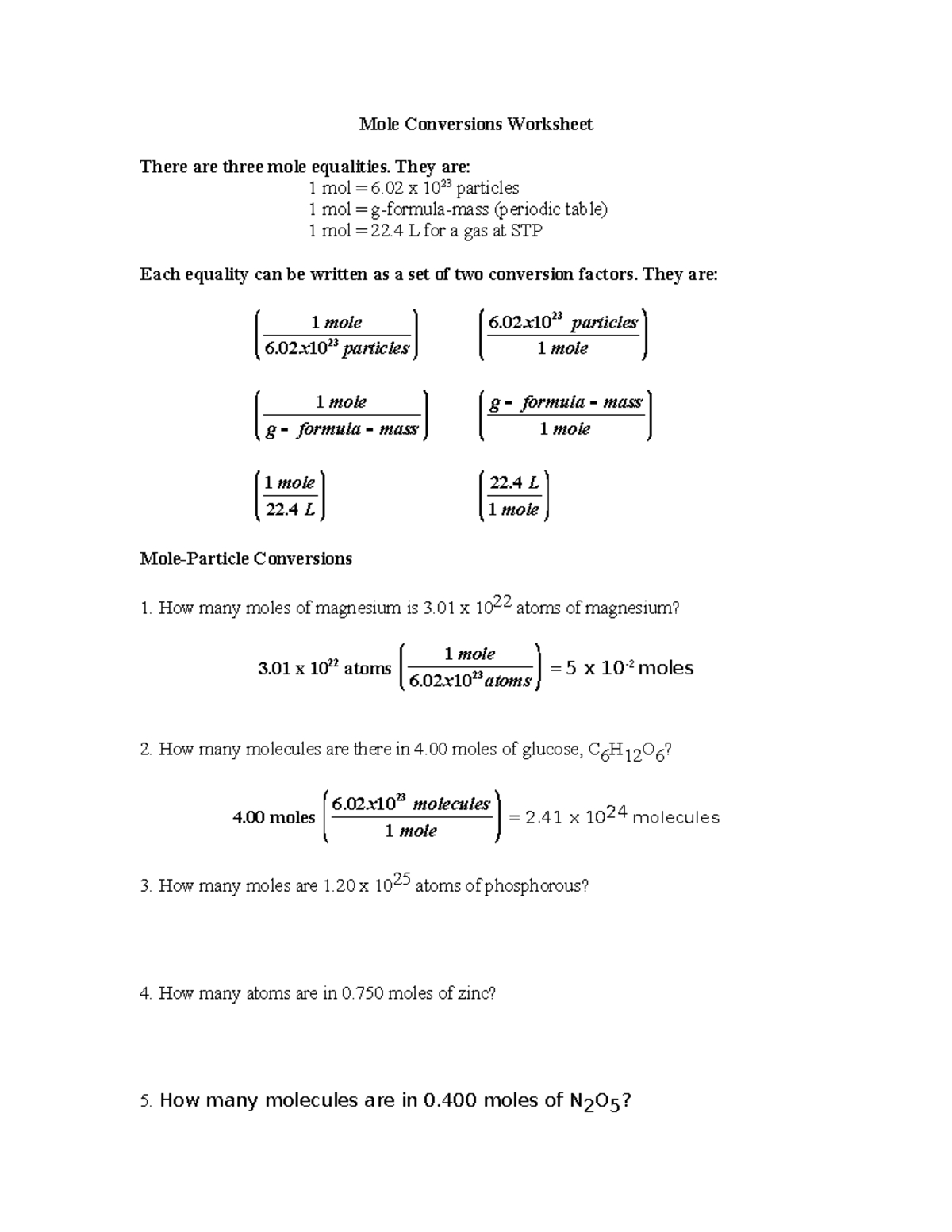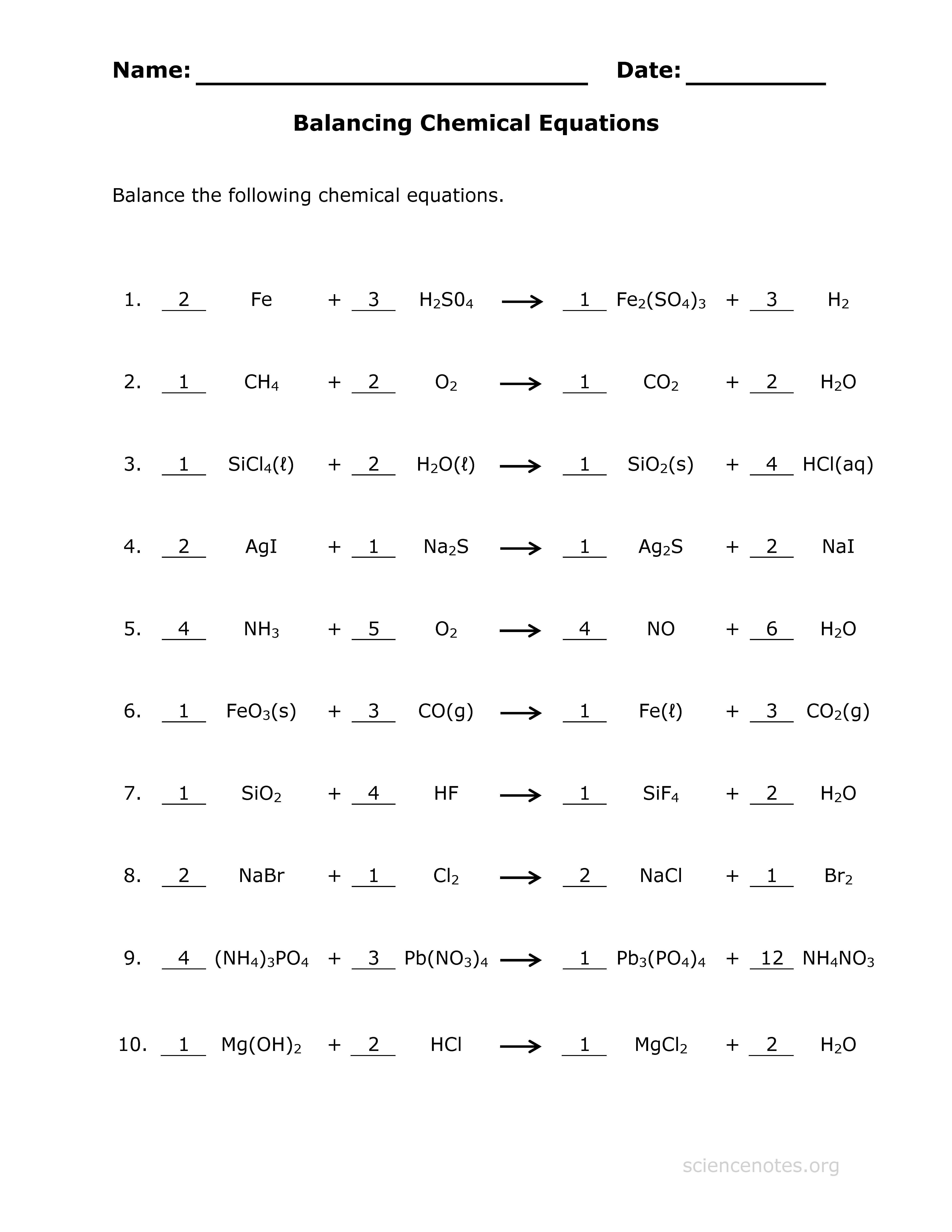Context Clues Worksheet for 4th Grade Students
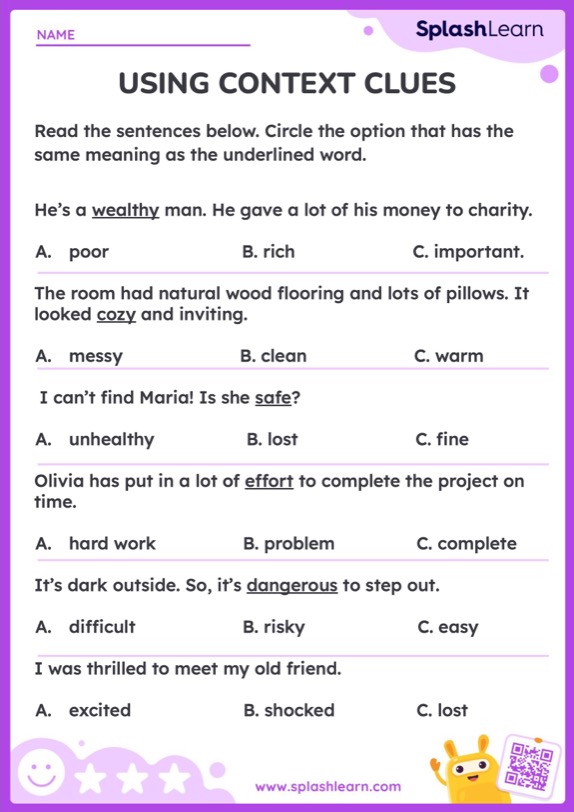
Unlocking the Power of Context Clues: A 4th Grade Adventure
Are you ready to become a super sleuth and uncover the hidden meanings of words? Context clues are the secret tools that will help you crack the code and improve your reading comprehension. In this worksheet, we’ll embark on an exciting journey to explore the world of context clues and learn how to use them to unlock the meanings of unfamiliar words.
What are Context Clues?
Context clues are hints or clues that authors leave in the text to help readers understand the meanings of unfamiliar words. These clues can be found in the surrounding words, phrases, or sentences and can give you a hint about the word’s meaning. There are several types of context clues, including:
- Definition clues: These clues provide a direct definition of the word.
- Example clues: These clues give an example of the word’s meaning.
- Contrast clues: These clues show the opposite of the word’s meaning.
- Inference clues: These clues require you to make an educated guess about the word’s meaning.
Let's Practice!
Read each passage carefully and use the context clues to determine the meanings of the underlined words.
Passage 1
“The new employee was very tentative in his first meeting. He seemed unsure of himself and didn’t contribute much to the discussion.”
What does the word “tentative” mean?
- A) Confident
- B) Unsure
- C) Angry
- D) Happy
Answer: B) Unsure (Context clue: The sentence states that he “seemed unsure of himself,” which gives us a hint about the word’s meaning.)
Passage 2
“The teacher asked the students to meticulously clean their workstations before leaving the classroom.”
What does the word “meticulously” mean?
- A) Quickly
- B) Carelessly
- C) Thoroughly
- D) Slowly
Answer: C) Thoroughly (Context clue: The sentence implies that the students need to clean their workstations carefully and thoroughly.)
Passage 3
“The new policy has been widely criticized by the community. Many people feel that it’s unfair and will have negative consequences.”
What does the word “widely” mean?
- A) Strongly
- B) Weakly
- C) Extensively
- D) Rarely
Answer: C) Extensively (Context clue: The sentence states that the policy has been criticized by “many people,” which implies that the criticism is widespread.)
More Practice!
Read each passage and use the context clues to determine the meanings of the underlined words.
Passage 4
“The students were ecstatic when they heard that the school was having a surprise party for their favorite teacher.”
What does the word “ecstatic” mean?
- A) Sad
- B) Angry
- C) Very happy
- D) Tired
Passage 5
“The park was deserted during the winter months. The only people you’d see were the occasional dog walkers.”
What does the word “deserted” mean?
- A) Crowded
- B) Empty
- C) Beautiful
- D) Scary
Conclusion
Context clues are powerful tools that can help you unlock the meanings of unfamiliar words. By paying attention to the surrounding words, phrases, or sentences, you can make educated guesses about the word’s meaning. Remember, context clues can be found in definitions, examples, contrasts, and inferences.
Keep practicing, and soon you’ll become a master of context clues!
What are context clues?
+Context clues are hints or clues that authors leave in the text to help readers understand the meanings of unfamiliar words.
What are the different types of context clues?
+There are several types of context clues, including definition clues, example clues, contrast clues, and inference clues.
Why are context clues important?
+Context clues are important because they help readers understand the meanings of unfamiliar words, which can improve reading comprehension and vocabulary.
Related Terms:
- Context clues for 4th grade
- Context clues worksheets PDF
- Context Clues Worksheet grade 5
